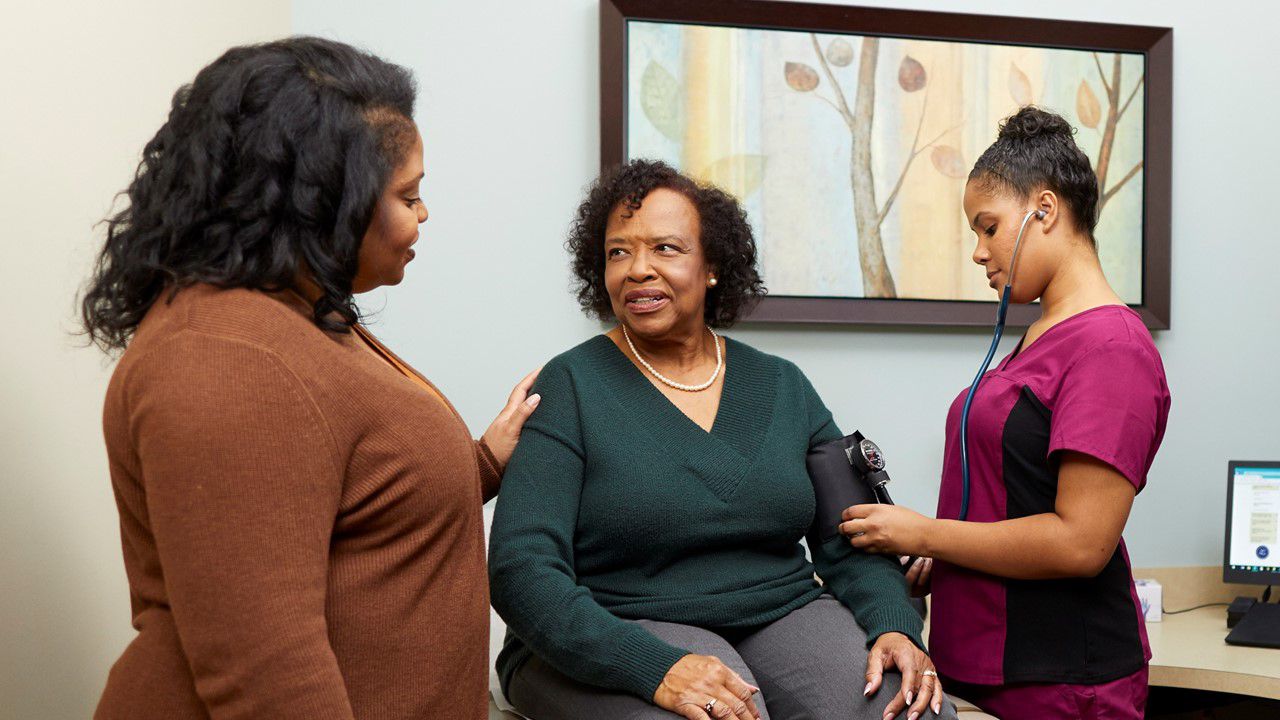Access to care is an important part of holistic health. A newly published study in Health Affairs demonstrated that senior-focused primary care (SFPC) increases access to primary care for patients, especially for those in underserved communities.
For this first-of-its-kind large-scale study, researchers from Harvard University and Humana Healthcare Research analyzed data from more than 462,000 patients enrolled in Medicare Advantage receiving care across six different SFPC organizations and other primary care settings. They found that patients of SFPC clinics had 17% more primary care visits compared to traditional primary care organizations. The findings were more significant for Black and low-income patients who received 39% and 21% more primary care visits, respectively, compared to patients who received care in other primary care settings. Additionally, the study suggests that patients of SFPC clinics may experience more preventive care and fewer hospitalizations, leading to better health outcomes.
These insights are important because they inform our evidence-based efforts to effectively address the unique needs of seniors, many of whom have chronic conditions and complex needs. Of note, the greater impact for Black and low-income patients helps to guide our focus on reducing health disparities.
All of this shows that our approach to value-based, senior-focused primary care is working. And Humana remains committed to supporting healthcare innovation, better health outcomes, integrated care coordination and deeper patient engagement.


